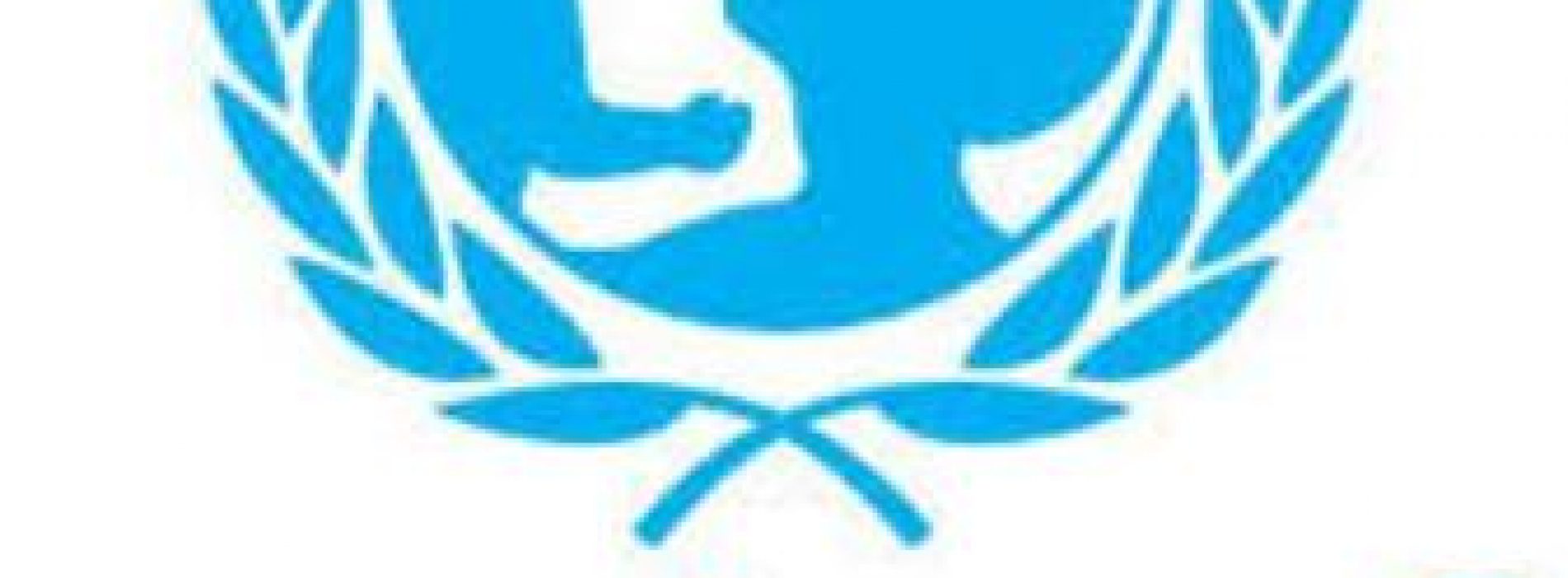Exclusive Breastfeeding: Nigeria can reduce under 5 child mortality by 13% – UNICEF
The United Nations Children Fund (UNICEF) says Nigeria stands a chance to reduce under 5 child mortality by 13 per cent if exclusive breastfeeding is practice to the fullest.
UNICEF Nutritionist Specialist, Niyi Oyedokun stated this during a media dialogue on “Stronger With Breastfeeding Only” initiative as part of activities to commemorate World Breastfeeding Week 2022 in Kano State.
Oyedokun also said the nation stands to reduce diseases such as hypertension, diabetes, coronary infection among others in childhood with practice of exclusive breastfeeding.
He however cautioned mothers and caregivers against the practice of giving their infant children water, other liquids or food but solely practice exclusive breastfeeding noting that water does more harm than good to the infants.
According to him, “initiation of breastfeeding within the first hour of birth is very critical because whatever goes wrong at this stage is irreversible, followed by exclusive breastfeeding for six months and continued breastfeeding for up to two years or beyond offer a powerful line of defence against all forms of child malnutrition, including wasting and obesity.
“Breastfeeding also acts as babies first vaccine, protecting them against many common childhood illnesses.
“Our emphasis here is stronger with breastfeeding only and zero water campaign. Breast milk contains 88% water, 3.8% fat, 0.9% protein, 7.0% lactose and 0.2 others. Give babies breast milk only, on demand (day and night), and stop the practice of giving water (and other liquids or foods), from the moment of birth through the first six months of life.
“Giving water is the number one obstacle to exclusive breastfeeding. It has a lot of effects and implications. It does more harm than good. When you give babies water, their stomach is small, they therefore drink less breast milk and become malnourished. Similarly, the water may be contaminated and trigger infection such as diarrhoea in babies.
“Nigeria’s Infant and Young Child feeding policy recommends exclusive breastfeeding as the optimal source of nutrition for the first six months of life and appropriate complementary feeding from 6 to 24 months.
“Optimal infant feeding practice (exclusive breastfeeding) is expected to reduce under 5 mortality by 13 per cent,” Oyedokun said.
He however frowned at the slow progress made by Nigeria which ranks 2nd to India in the world and 1st in Africa with malnourished children indices noting that that makes it unrealistic for the country to attain or reach the World Health Assembly 50 per cent practice of exclusive breastfeeding.
On the malnutrition situation in Kano, the UNICEF Nutritionist, said Kano accounts for 1.5 million children who are stunted (10 per cent of the total in the country) while 108,544 were wasted and over 2 million suffering from anaemic.
“Total number of children under 5 in Kano State is 3.09 million. 1.5 million out of the number were stunted, 108,544 were wasted and over 2 million suffering from anemia.
“This is alarming situation that half of the under 5 children in Kano are not growing well (stunted. It has been there for quite some time and we are not getting better,” Oyedokun however stated.
Earlier, in her welcome address, the Director General, Abubakar Rimi Television, ARTV, Hajia Sa’a Ibrahim urged the media practitioners to champion the course and practice of exclusive breastfeeding in order to change the narrative in the state and nation at large.
About author
You might also like
Yobe Govt. establishes 138 PHCs in 3 years
Yobe government says it has established Primary Healthcare Facilities (PHCs) in 138 of the 178 wards of the state, to enhance access to quality healthcare services at the grassroots. Alhaji
Minister performs fistula surgery in Osun
• 33 women scheduled for repair in the state, as Health Ministry, EngenderHealth and Osun state government commence fistula repair intervention program ILESHA, OSUN STATE – The Minister of Health,
Experts call for effective mosquito control in Africa
With an alarming rate of over one million deaths from mosquito vector disease worldwide, medical experts and epidemiologists in Africa have advocated a total control of the insect through






0 Comments
No Comments Yet!
You can be first to comment this post!